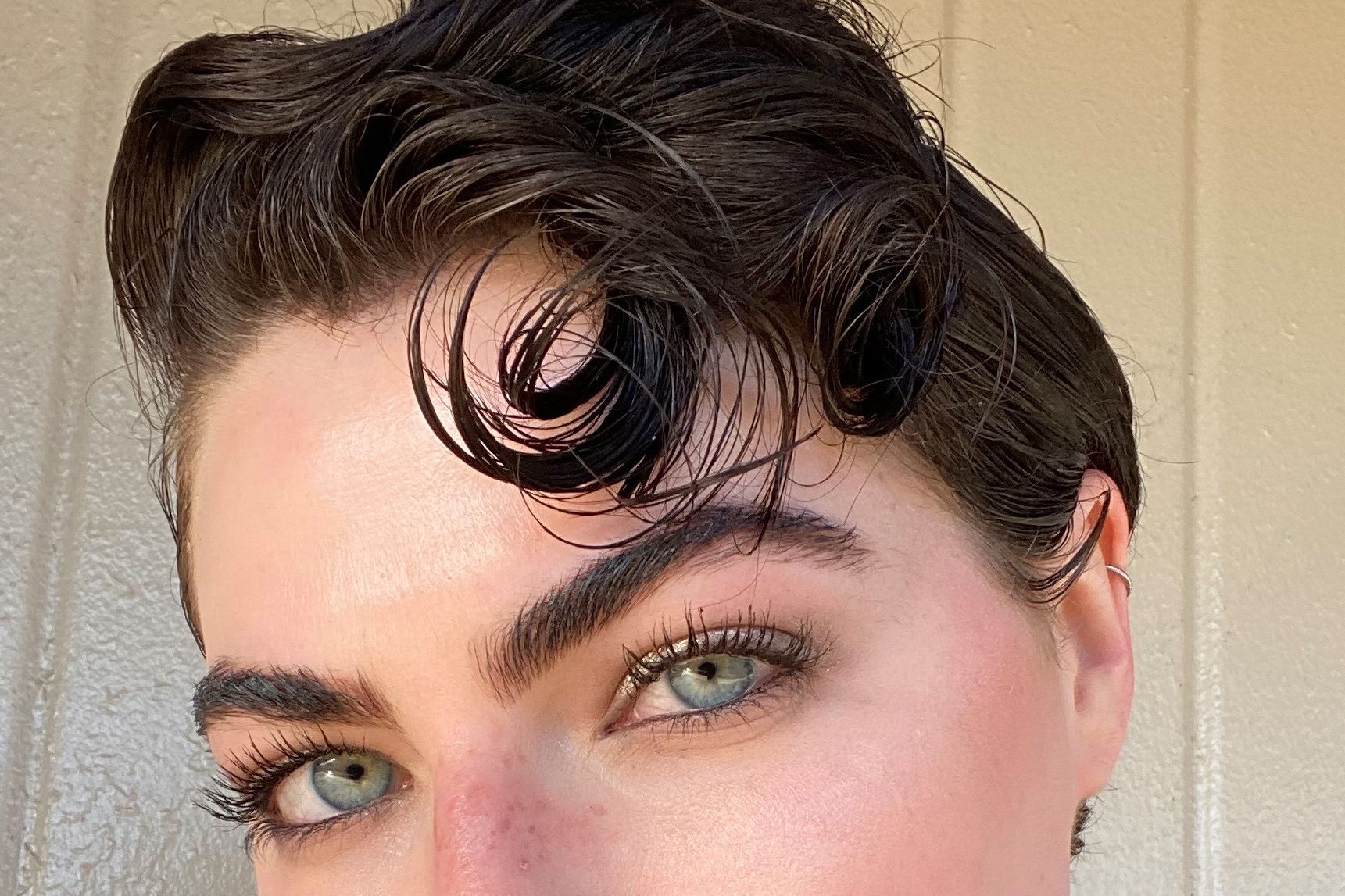
Apply Now


Smart Ways to Kill Fleas for Effective Home Control in 2025
Understanding Fleas and Their Life Cycle
Fleas are invasive pests that thrive in warm, humid environments. Understanding the flea life cycle is essential for effective flea control. Fleas undergo four stages: egg, larva, pupa, and adult. The entire cycle can take place in as little as a few weeks, depending on environmental conditions. Flea eggs are often found in pet bedding, carpets, and upholstery; each female flea can lay up to 50 eggs per day, leading to rapid infestations. In order to effectively combat fleas, one must first identify them. Adults are flat, brown, and jump quickly, while larvae are tiny, legless worms that prefer dark areas. Vacuuming your home regularly helps to remove flea eggs and larvae, reducing the overall population. Additionally, keeping your yard free of debris can prevent fleas from entering your home from outside. This naturally leads us to discussing preventative measures that can be taken to minimize flea infestations.Flea Prevention Methods for Pets
Ensuring your pets are flea-free is crucial for maintaining an overall flea-free home. The best flea treatments for pets include topical treatments, oral medications, and flea collars tailored for dogs and cats. Regular grooming sessions are important to check for fleas and allow for the application of natural flea repellents, such as essential oils like lavender or cedarwood, mixed with a carrier oil. Moreover, it is fundamental to wash your pet’s bedding regularly in hot water to eliminate any hidden flea eggs or larvae. For households with multiple pets, consider synchronous treatments to avoid re-infestation. Employing professional flea extermination services can also be beneficial if you are overwhelmed by a flea outbreak. With these preventative measures in place, let’s explore the various flea control options available for your home.Effective Flea Control Options
There are numerous flea control options ranging from home remedies for fleas to commercial flea products. Flea sprays are among the most popular choices, delivering powerful and immediate results. They can be applied around your home and on pet bedding. Always opt for safe flea products that are non-toxic and vet-approved. Flea traps can also be an effective method to monitor flea activity. Homemade flea traps using a bowl of soapy water can capture adult fleas lured by light. Meanwhile, flea bombs or foggers can treat larger areas, but they require careful handling to ensure safety for pets and humans alike. Utilizing flea growth prevention products can further help by stopping flea eggs and larvae from maturing into adults. Combining multiple approaches not only eradicates existing fleas but prevents new infestations from taking root. This seamlessly transitions us into discussing natural remedies as a way to control fleas without harsh chemicals.Natural Flea Repellents and Remedies
For those looking for organic solutions, various natural flea treatments are available. Essential oils for fleas can be an effective means of repelling these pests without using harsh pesticides. Oils such as peppermint, orange, and eucalyptus can deter fleas and can be mixed with water to make a homemade flea spray. You can also create DIY flea prevention methods using vinegar or lemon juice. These solutions can be used to wipe down surfaces where fleas are prone to settle. Another effective method involves maintaining a clean and dry environment; steam cleaning carpets and furniture regularly can help eliminate fleas at all stages of their life cycle. Additionally, introducing flea-repelling plants, such as lavender or rosemary, in your garden could enhance outdoor flea control. Regular vacuuming for fleas should still be a priority, as it remains one of the best practices for indoor flea management. Having covered natural solutions, let’s move on to effective indoor and outdoor flea control strategies.Indoor and Outdoor Flea Control Strategies
Implementing flea control in your living space requires a combination of indoor and outdoor methods. For indoor flea control, it’s important to target areas where fleas are likely to hide, such as carpets, upholstery, and baseboards. Regular vacuuming techniques for fleas will significantly reduce their population; make sure to empty the vacuum outside immediately after use to avoid re-infestation. For outdoor flea control, beginning with yard flea treatment is essential. This includes mowing the lawn regularly, raking leaves, and using granular treatments that target flea larvae in shaded areas of your yard. Moreover, consider using diatomaceous earth, a natural substance that can eliminate fleas upon contact. It's also vital to educate yourself about flea-related health risks, as these pests can carry diseases that affect both pets and humans. Monitoring your pets for flea bite symptoms can help you take action before an infestation becomes severe. In our next section, we will delve into how to treat flea bites effectively and provide tips for relief.How to Treat Flea Bites Effectively
If you or your pets are bitten by fleas, immediate treatment is essential to relieve itching and discomfort. For pets, anti-itch sprays or topical treatments can provide instant relief. Applying a cold compress can also soothe inflamed skin. For humans, washing the bite area thoroughly with soap and water is the first step. Over-the-counter creams containing hydrocortisone can help reduce itching and swelling. It's crucial to avoid scratching the bites to prevent infection. If you notice symptoms of a severe allergic reaction, such as excessive swelling or difficulty breathing, seek professional medical advice immediately. With proper understanding and an effective treatment plan, you can manage fleas effectively. Now, let’s answer some common questions regarding flea control.Frequently Asked Questions About Flea Control
What are the most effective flea treatments for pets?
There are various effective flea treatments for pets, including topical treatments, oral medications, and flea collars. It’s essential to choose products that are veterinarian-approved and suited for your pet's specific needs.How can I prevent flea infestations in my home?
Preventative measures like vacuuming regularly, washing pet bedding, using flea collars, and making use of natural flea repellents are crucial in reducing the risk of infestations.Are there any home remedies for fleas?
Yes, several effective home remedies include using essential oils, vinegar sprays, and homemade flea traps to control flea populations naturally.When should I consider professional flea extermination?
If you find yourself dealing with a severe infestation that seems unmanageable with standard treatments, it may be time to consult a professional pest control service for effective flea extermination.Can I use chemical products along with natural remedies?
Yes, combining chemical products with natural remedies can enhance your flea control strategy, but be sure to follow safety guidelines to protect your pets and family. In conclusion, staying informed on the best practices for flea control and prevention can significantly reduce the likelihood of flea infestations in your home. By applying the strategies outlined above, you can effectively tackle flea problems for a pest-free environment in 2025.
